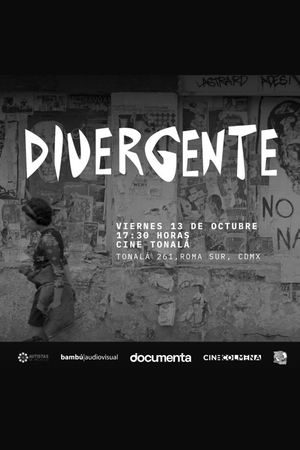
Connecting the Dots(2020)
Connecting the Dots takes on the subject of mental health through the voices of young people around the world.
Movie: Connecting the Dots
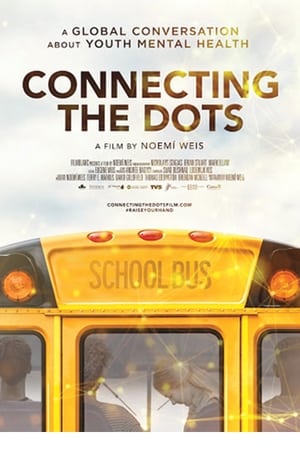
Connecting the Dots
HomePage
Overview
Connecting the Dots takes on the subject of mental health through the voices of young people around the world.
Release Date
2020-11-19
Average
0
Rating:
0.0 startsTagline
Genres
Languages:
EnglishKeywords
Similar Movies
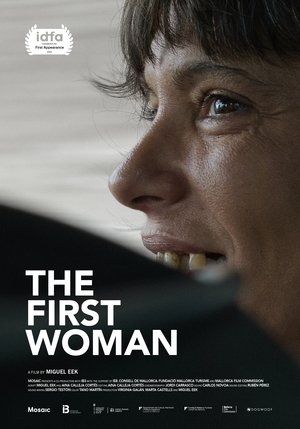 6.0
6.0The First Woman(es)
Eva’s being allowed to leave the psychiatric institution she’s lived in for six years. After a long year of waiting, the news arrive: an assisted living residence is found for her. Eva takes the first steps towards the "normal" life she longs for: to find a job, earn an income of her own, visit her mother... even find love. While she’s taking stock of her past and works on her self-confidence as well as her trust in the outside world, she also fixes firmly on her main goal: to reconnect with the son she lost custody of 20 years ago and ask him to forgive her. The First Woman is a film about second chances, the search for "normality" and the borderline between lucidity and darkness.
 0.0
0.0The Bears on Pine Ridge(en)
The Pine Ridge Indian Reservation has declared a “State of Emergency”, after an outbreak of youth suicides has devastated the community. Due to a lack of Federal assistance, residents have taken prevention efforts into their own hands. A tenacious Oglala Lakota elder takes charge, rallying the community to get involved, while empowering a resilient young group of suicide survivors to band together to help raise awareness.
Afraid of People(en)
This documentary follows the lives of several extraordinary people who have been diagnosed with social anxiety disorder. Through personal interviews, viewers learn about the symptoms, emotions, and challenges these people face and about the treatments available to help people on their road to recovery.
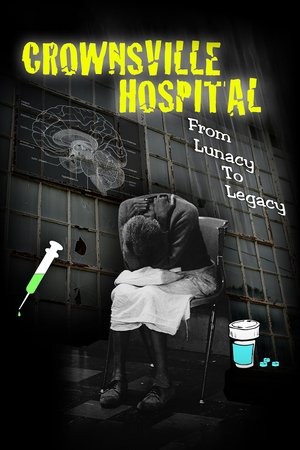 7.2
7.2Crownsville Hospital: From Lunacy to Legacy(en)
Crownsville Hospital: From Lunacy to Legacy is a feature-length documentary film highlighting the history of the Crownsville State Mental Hospital in Crownsville, MD.
 7.0
7.0Unrest(en)
When Harvard PhD student Jennifer Brea is struck down at 28 by a fever that leaves her bedridden, doctors tell her it’s "all in her head." Determined to live, she sets out on a virtual journey to document her story—and four other families' stories—fighting a disease medicine forgot.
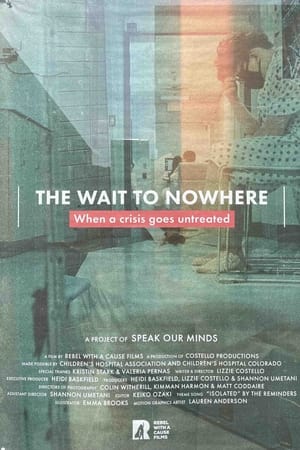 10.0
10.0The Wait to Nowhere: When a Crisis Goes Untreated(en)
The Wait to Nowhere: When a Crisis Goes Untreated reveals an unspeakable reality: children living in the ER for days, weeks and even months at a time, awaiting dedicated care. This film explores the issue and touches on solutions. True stories are told by those living this nightmare, including hospitals that are caught up in a failed system, while lawmakers help lay out a plan to address the crisis before even more children’s lives are lost.
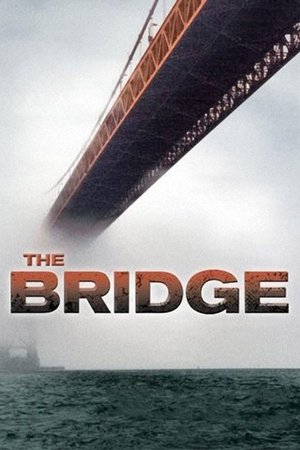 6.8
6.8The Bridge(en)
The Bridge is a controversial documentary that shows people jumping to their death from the Golden Gate Bridge in San Francisco - the world's most popular suicide destination. Interviews with the victims' loved ones describe their lives and mental health.
Fear(nl)
In Fear, documentary filmmaker Michiel van Erp creates a collage of inhabitants of the city of Amsterdam who struggle with various anxiety disorders. Today, more patients with anxiety disorders seek professional help than those who suffer from depression, making anxiety the number one mental illness in the Netherlands. This film will show how a small number of those patients attempt to overcome their fears, in order to get on with their lives in the crowded cosmopolitan city that Amsterdam is today.
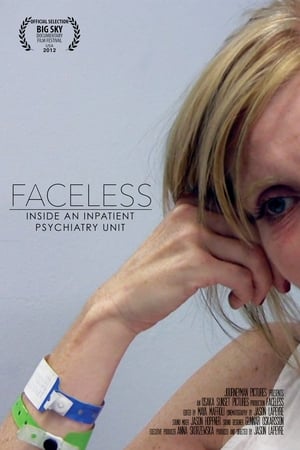 0.0
0.0Faceless(en)
Faceless is a documentary film about the workings of an inpatient psychiatry unit, seen through the eyes of both the patients trying to get well and the staff trying to help them.
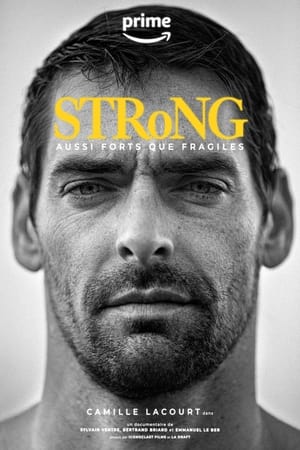 0.0
0.0STRoNG, aussi forts que fragiles(fr)
Discover STRoNG, as strong as they are fragile, a new documentary which takes a modest look at mental health and depression in high-level sport through the testimonies of surfer Jérémy Florès, swimmer Camille Lacourt, skier Perrine Laffont, handball player Valentin Porte and fencer Ysaora Thibus.
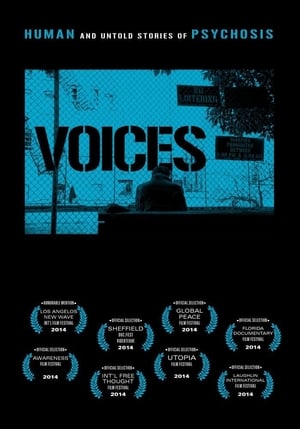 0.0
0.0Voices(en)
Voices is an award-winning documentary that features the stark and intimate portraits of three very different individuals and their struggle with severe mental illness in America. The stories of Sharon, Thomas and Aaron illuminate the challenges, realities, and often complex emotions and choices that surround people with psychotic mental illness and those who love them.
 5.7
5.7Ben Stokes: Phoenix from the Ashes(en)
From breathtaking highs — a World Cup win, an astonishing last stand in the Ashes, and an inspiring England captaincy — to the lows — a trial for affray, personal tragedy, and mental health challenges, which saw him take time away from the game — the documentary follows Ben Stokes in an honest film about the man behind the extraordinary cricketer.
 8.7
8.7Emma Wants to Live(nl)
This is a Dutch documentary about the last weeks of life in a Portuguese clinic for Emma Caris, a 18 year old girl who had been suffering anorexia nervosa since she was 16 years old.
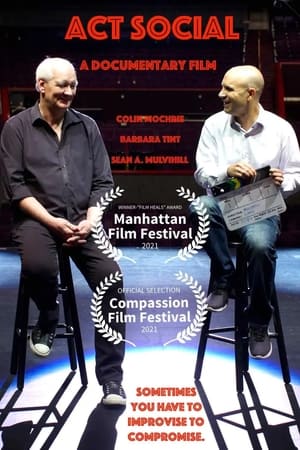 0.0
0.0Act Social(en)
Civil discourse is vanishing from modern society. Improv comedians heal the divide in this documentary feature film starring Colin Mochrie (Whose Line is it, Anyway?) that explores the use of improvisation for conflict resolution. Republican Karl Rove performs improv with Colin Mochrie and endears himself to a room half-full with Democrats. Police officers do improv with local youth in order to learn listening skills. Dr. Daniel J. Wiener brings couples back from the brink of divorce using improv. Dr. Charles Limb places Second City improv comedians in a functional MRI machine to see what happens in the brain when we improvise.
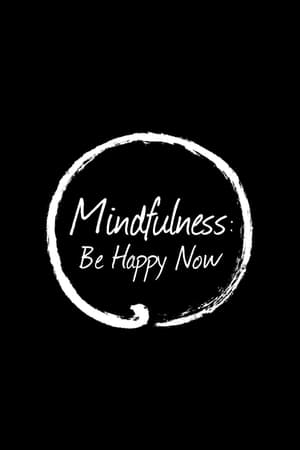 9.5
9.5Mindfulness: Be Happy Now(en)
Mindfulness is the art of simply being present. From Oprah to Phil Jackson to Anderson Cooper, it's an art practiced by some of the world's most successful people. Brought to the west by Zen Buddhist Monk Thich Nhat Hanh, who was once nominated for a Nobel Peace Prize by Dr. Martin Luther King Jr., mindfulness has recently gained mainstream popularity in both the media and in mental health treatment. This film features insights from Deepak Chopra, Thich Nhat Hanh, Sharon Stone, Oliver Stone, Cesar Milan, and many more. Watch it and learn how to embrace mindfulness in your own life!
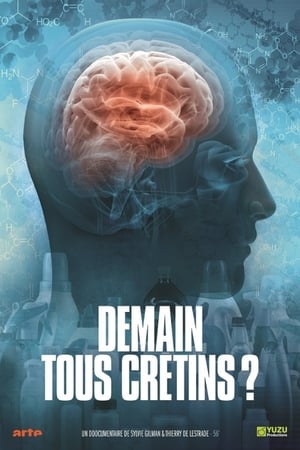 7.2
7.2Brains in Danger(fr)
For the past 20 years, the world has seen an alarming decrease in IQ and a rise of autism and behavioral disorders. This international scientific investigation reveals how chemicals in objects surrounding us affect our brain, and especially those of fetuses.
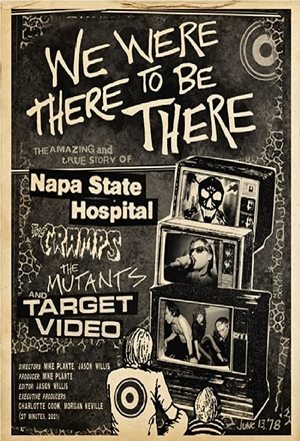 0.0
0.0We Were There to Be There(en)
On June 13, 1978, the punk bands the Cramps and the Mutants played a free show for psychiatric patients at the Napa State Hospital in California. We Were There to Be There chronicles the people, politics, and cultural currents that led to the show and its live recording.
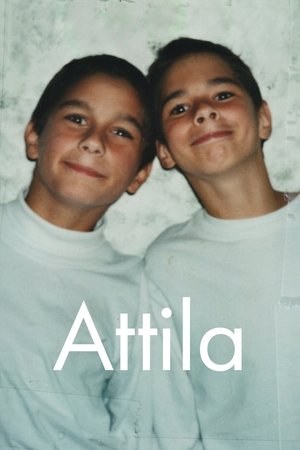 0.0
0.0Attila(en)
Filmmaker Stephen Hosier takes a journey with Richard Csanyi, his childhood friend, as he investigates the life and death of his twin brother Attila, who was found dead on a rooftop in 2020.

